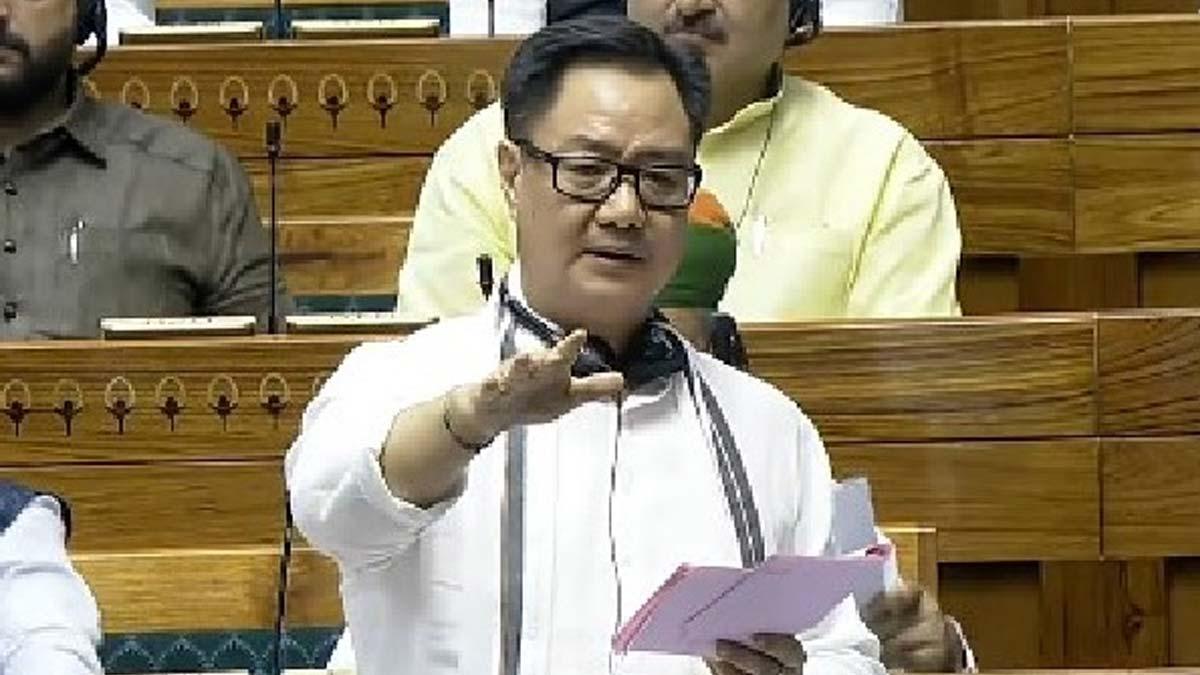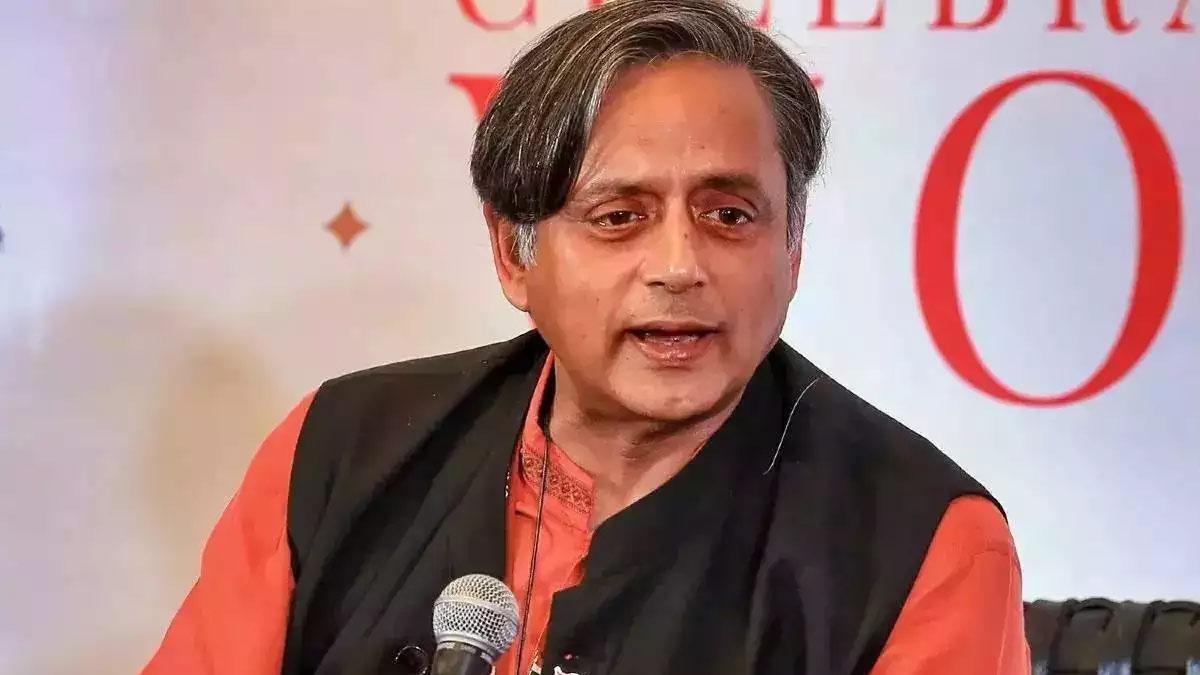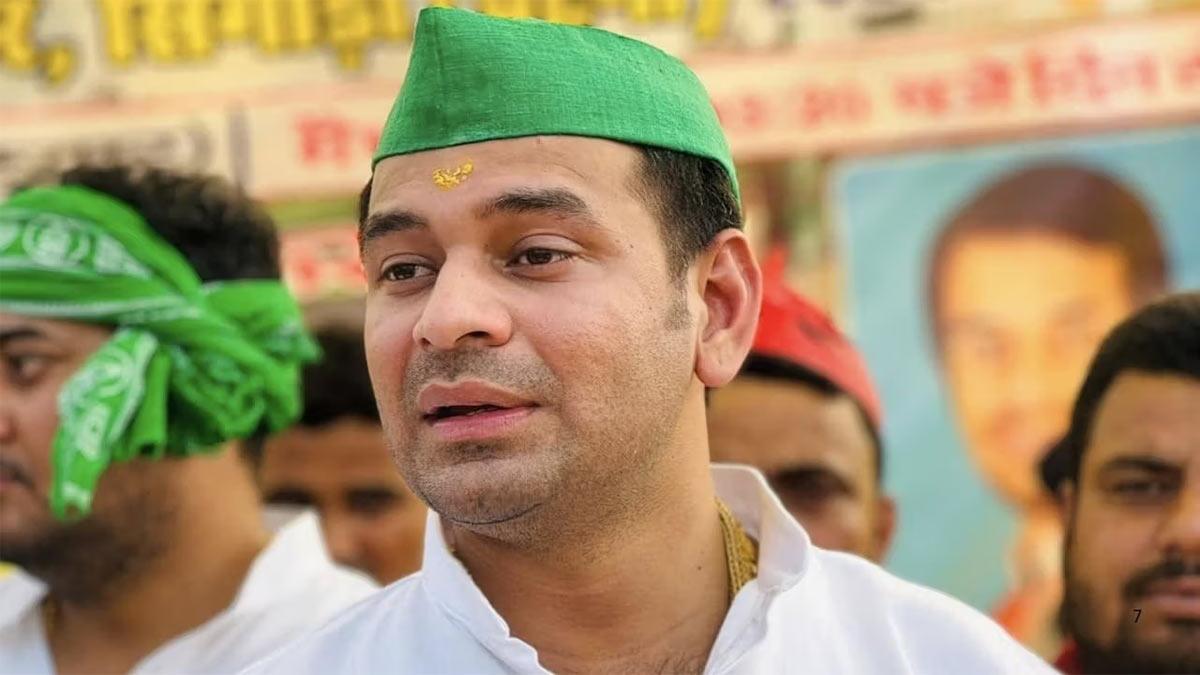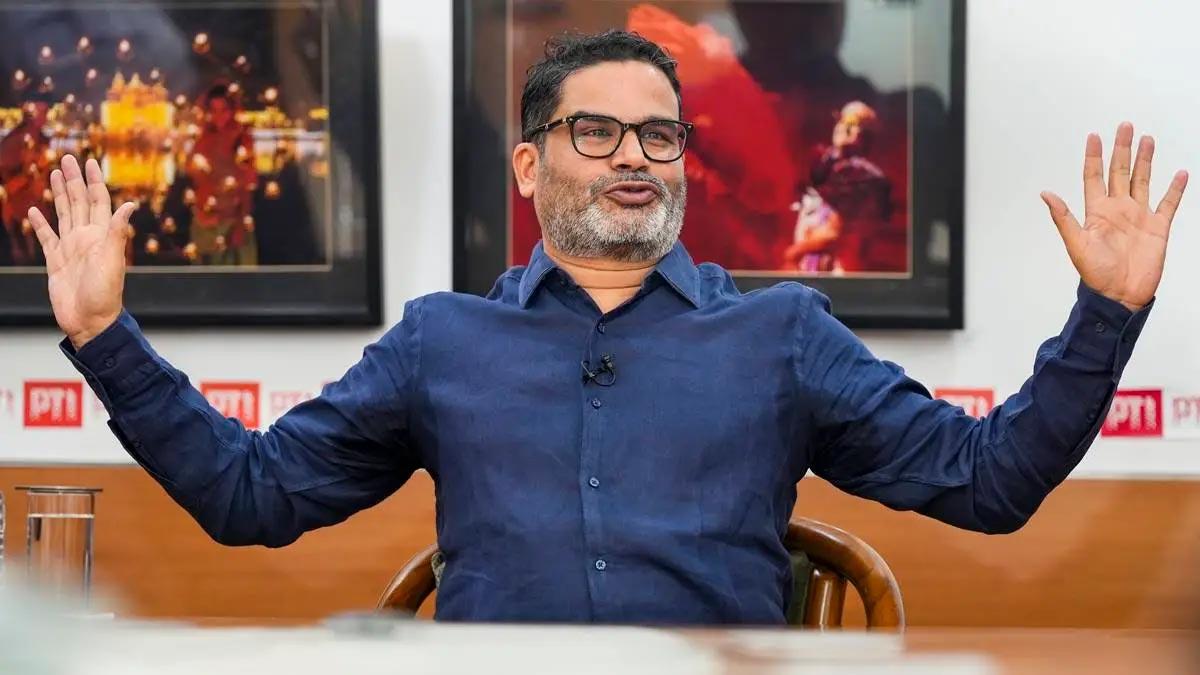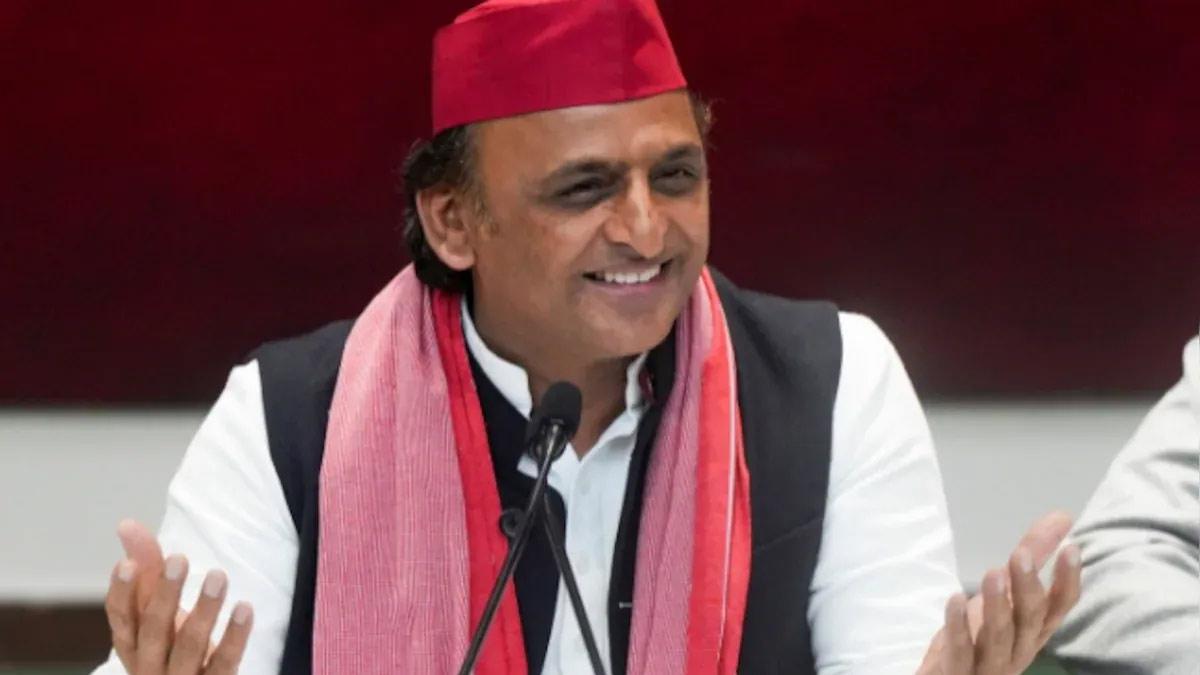Union Parliamentary Affairs Minister Kiren Rijiju defended the Waqf Act (Amendment) Bill, 2024, in the Lok Sabha, asserting that the legislation "does not infringe" on the autonomy of religious institutions.
Despite interruptions from the Opposition, Rijiju emphasized, "The provisions outlined in this Bill, from Articles 25 to 30, do not encroach upon any religious freedoms or breach any constitutional articles."
Referencing a Supreme Court judgment, Rijiju explained, "The Brahmachari vs. State of West Bengal case established that the Waqf Board is not subject to Articles 25 and 26 of the Indian Constitution."
Rijiju highlighted that the Bill's purpose is to extend rights to marginalized groups within the Muslim community, stating, "Rather than stripping away rights, this Bill is designed to grant rights to those previously denied, including women, children, and other marginalized Muslim communities."
The Minister placed the Bill in a historical context, noting, "This is not the first instance of the Waqf Act (Amendment) Bill being proposed. Similar amendments have been attempted many times since Independence, with this one aiming to achieve what previous administrations, including Congress, could not."
Rijiju referenced the 1976 Waqf Enquiry Report, which called for reforms in the management of Waqf properties, including stricter trustee oversight, the establishment of a tribunal system, and improved auditing and accounting practices.
He also pointed to recommendations from committees formed during Congress rule.
"A high-level committee led by Justice Rajender Sachar, established on March 9, 2005, during the UPA government, specifically addressed the welfare of Muslims. This Bill aligns with the Sachar Committee's recommendations," he stated.
The Sachar Committee proposed expanding the Waqf Board to include greater representation, including two women in both central and state Waqf councils.
Additionally, Rijiju mentioned the Joint Parliamentary Committee under K. Rehman Khan (a Cabinet Minister in the UPA government), which identified issues such as inadequate infrastructure, misuse of funds, and the need to eliminate the provision for trustees.
"The committee also suggested digitizing the entire board, centralizing databases, and keeping accurate revenue records for all Waqf properties," he added.
As the opposition voiced their dissent and disrupted the proceedings, Rijiju remarked, "Everyone may be convinced, yet the opposition continues to resist due to political pressures."
The Minister also claimed that many MPs privately supported the Bill but faced "pressure" from their parties.
"We are not saying that people of different religions should be part of the Waqf Board. We are saying that an MP should be a member of the board. The MP can be a Hindu or Christian, we can't do anything about it. If an MP is added to the Waqf Board because he/she is a member of the Parliament, should we change his/her religion," he asked.
The session witnessed significant uproar as the opposition MPs voiced their disapproval of the Bill, leading to disruptions in the House proceedings.
Read also | Haryana CM Announces Silver Medalist Honors and Rewards for Vinesh Phogat
Read also | Dhankhar Steps Down Briefly Amid Opposition Outcry in RS Over Phogat Disqualification

